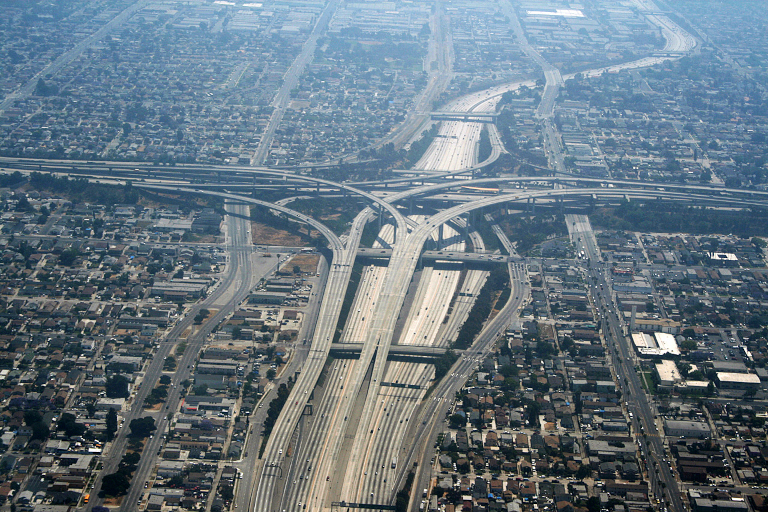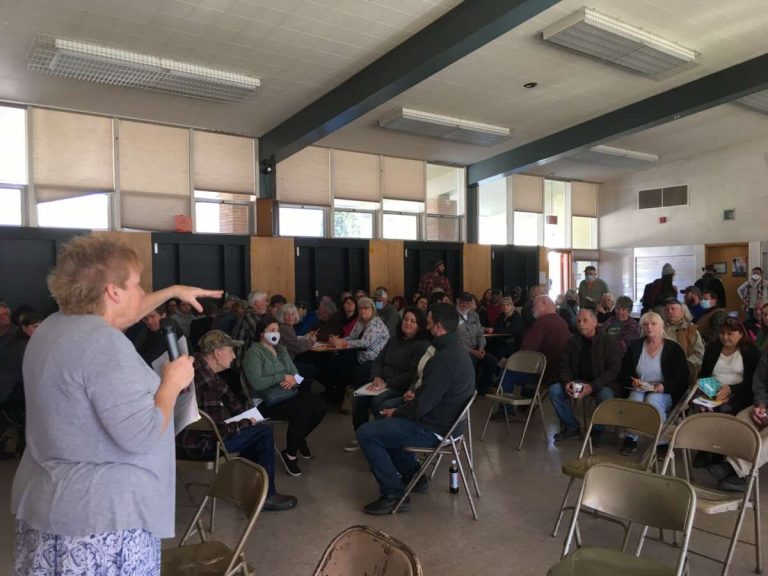America Should Sprawl? Not If We Want Strong Towns
There’s been a lot of buzz around Conor Dougherty’s recent New York Times piece, “Why America Should Sprawl.” The article argues that the country’s housing crisis is so severe—and infill development so insufficient—that we need to embrace aggressive outward expansion of our metro regions, what many would call sprawl, to build the millions of homes America needs. It’s a compelling, well-written piece, and it’s struck a chord with a lot of readers.
But from a Strong Towns perspective, the core argument is fatally flawed. Because sprawl doesn’t solve the underlying problem. It is the underlying problem.















